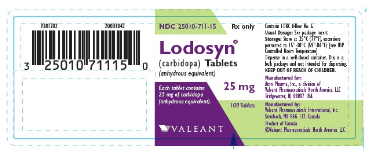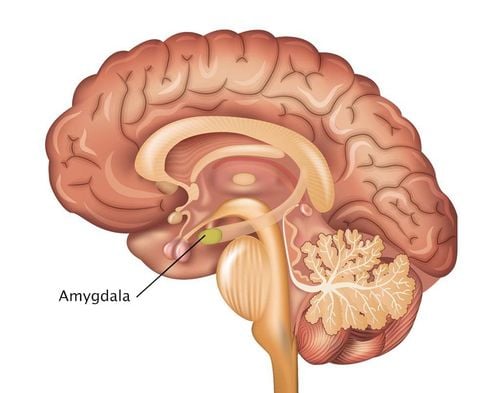This is an automatically translated article.
Studies have shown a link between the hippocampus and human memory, especially navigation. In addition, scientists also expand their research to understand the causes of memory loss, thereby offering solutions to enhance memory.1. The hippocampus and why you are forgetful
The hippocampus is an important structure of the brain that improves memory. It contains special neurons called reticular cells, which act as a moving map, helping to remember where you've been and the path you've taken.In it, the location cells help determine the location, and the grid cells help form the spatial relationship between one place and another. A UK study found that the size of the hippocampus of taxi drivers is much larger than that of the average person.
Although two types of parallel memory exist, each person's brain tends to favor one side. Some people are good at navigating based on things along the way. For example, these people might say, “I went to the gas station and turned right.” Meanwhile, there are people who tend to rely on spatial memory for orientation. They might say “I will go 50m north, then 50m east”.
Orientation skills, especially in pathfinding can be practiced. The more you go out and go to many places, the better your ability to navigate will be. In addition, you should also combine exercise to improve blood flow to the brain or play games such as puzzles, learn a new language to stimulate the growth of new nerve cells and increase growth. strengthen neural connections.
2. How to improve memory?
You can improve your spatial memory in the following ways:Brain training: You can strengthen your spatial memory by training your imagination. This is done through the practice of locating a place on a map. Exercise: Exercise increases blood flow to active areas of the body, including the brain. Many studies have found that the hippocampus size of older adults who regularly exercise increases and that exercise improves spatial memory. Eat right: Studies have shown that children who eat oatmeal for breakfast improve spatial memory; Eating foods rich in antioxidants improves blood flow to the brain, enhancing memory.

Tập thể dục giúp làm tăng lưu lượng máu đến các khu vực hoạt động của cơ thể, bao gồm cả não.
3. The impact of sleep on memory ability
Scientists think the link between sleep and memory is through the function of the hippocampus and the cerebral cortex, the part of the brain that stores long-term memories. They suggest that during sleep, the hippocampus transmits the events of the day to the cerebral cortex, where it reviews and processes, helping memories last.Researchers continue to investigate the association of sleep stages with the creation of certain types of memories. Some indicate that memory types become stable during rapid eye movement (REM) sleep, the time of dreams. While, other studies suggest that they are maintained during deep, slow-wave sleep. Scientists are getting closer to understanding how sleep affects the brain, but many questions still need to be answered.
Sleep is a biological need, we need it to survive. Experts recommend that adults get 7 to 9 hours of sleep each night. Everyone should try to do to enhance work efficiency in the new working day.
4. How to improve memory through sleep?

Để làm việc hiệu quả với trí nhớ tốt, bạn nên duy trì giấc ngủ đều đặn, đúng giờ
Go to bed and wake up at the same time every day. Exercise regularly. Do not practice near bedtime, but should practice at least 3 hours before bedtime. Avoid foods containing caffeine, alcohol, and nicotine before bed. Take time to relax before bed. Take a warm bath, read a book, drink caffeine-free tea, and avoid all stressful activities. Finish eating 2-3 hours before going to bed. Create a comfortable sleeping environment: Sleep in a dark, cool, and comfortable room. Use white noise listeners to block out unwanted sounds. Do not watch TV or use the computer in bed. Only use the bedroom for sleeping. To work effectively with a good memory, you should maintain regular sleep, on time. Try to get all work and stress out of your head before you go to bed.
Reference source: webmd.com













